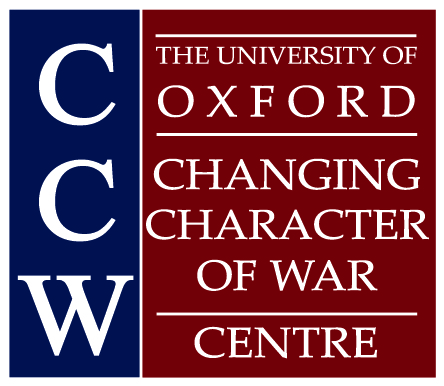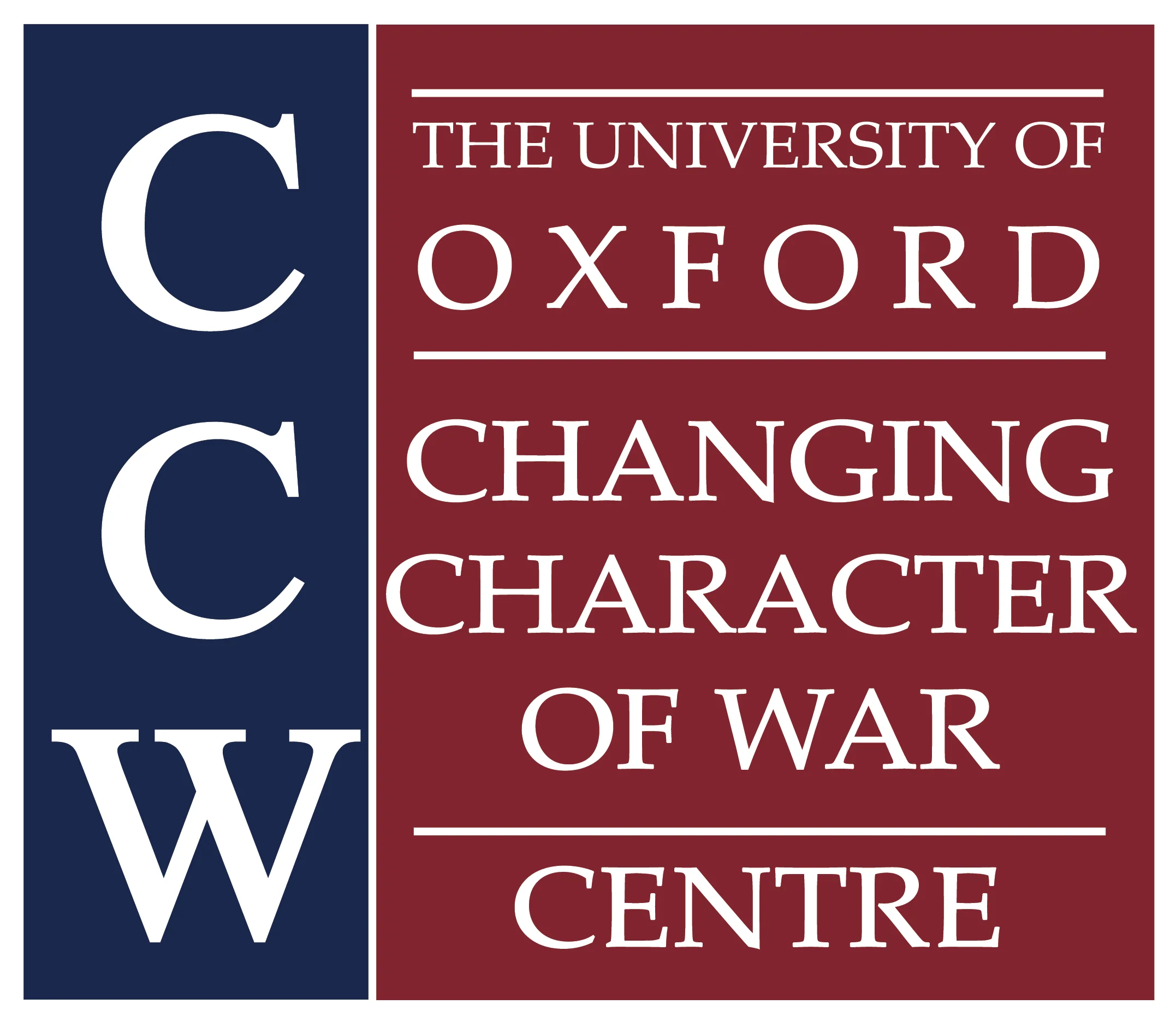
“Out of the Blue”: The mirroring fallacy and the navies of today by Andrew Ward
Tuesday 30 April, 13.30
Old Library, All Souls
“Out of the Blue”: The mirroring fallacy and the navies of today
Lt Cdr Andrew Ward, CCW & Royal Navy
In the 1960s, the Soviet Navy was quietly recapitalising and expanding. As détente collapsed in the late 1970s, western analysts panicked as the Soviet Fleet patrolled the world ocean, supported socialist revolutions around the world and established naval bases astride vital maritime chokepoints such as the Bab-al-Mandeb and the Suez Canal. But the signs had been there all along. Under the visionary leadership of Admiral of the Soviet Union Sergei Gorshkov, the USSR had hankered after sea power for a generation. Gorshkov’s conception of fleet composition was dismissed in the West because it did not mirror the blue water battle fleets that had won the Second World War for the Allies. As the Cold War climaxed in the 1980s, the US Navy reacted to this new Soviet Fleet with a massive expansion in ships and an aggressive forward Maritime Strategy. The world ocean of 2024 is still patrolled by the results of that endeavour, ready for the next naval challenger – the People’s Liberation Army Navy. This talk will build on archival research on Admiralty Records throughout the Cold War and follows Andrew’s first paper published in the Journal of Intelligence History in 2022.
Andrew Ward is the 2023-24 Royal Navy Hudson Fellow and a Visiting Fellow at CCW. Andrew joined the Royal Navy in 2012, serving at sea in destroyers HMS DRAGON and DUNCAN in the Middle East. Recently he has been working in international policy at the Ministry of Defence and Northwood Headquarters. He read Philosophy, Politics and Economics at University College, was a visiting student at Washington & Lee University and completed an MA in Defence and Security Studies (Maritime) at King’s College London in 2021. His paper on the Royal Navy and the Early Cold War was published in January 2022.
Seminars at 13.30, Wharton Room, All Souls
All are welcome, no need to book.











